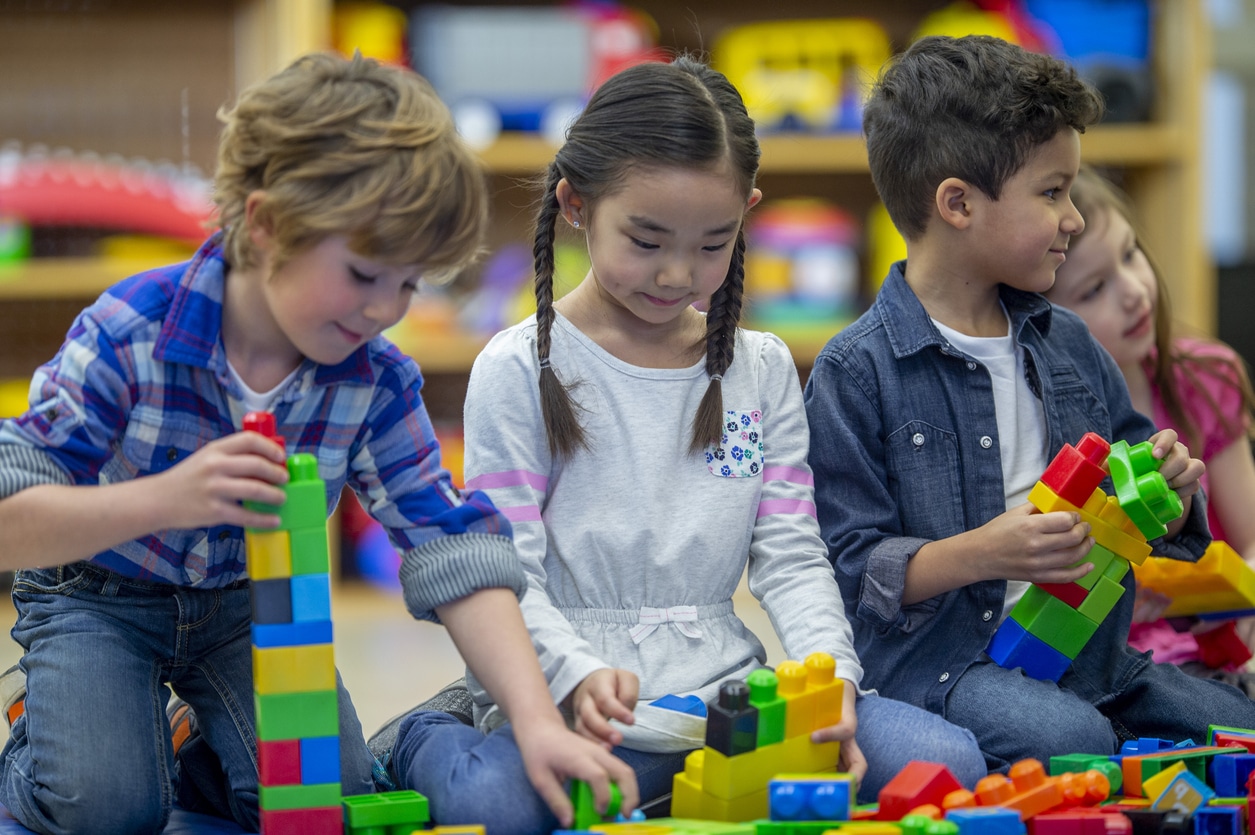How ABA Therapy Improves Social Skills

Social skills are vital for connecting with others, building relationships and functioning successfully in the community. Children with autism often face many social challenges, such as difficulties communicating, making eye contact, and understanding social norms. ABA therapy is an evidence-based approach to teaching and reinforcing social skills, helping children with autism improve their social abilities.
What are Social Skills?
Social skills refer to the ability to communicate and interact effectively with others in social situations. These skills are crucial for building and maintaining relationships, both personal and professional. They include skills like starting conversation, taking turns, listening, and interpreting social cues. For children with autism, social skills can be particularly challenging, as they may struggle with communication and social interactions.
The Importance of Social Skills in Early Childhood
Social skills are essential in early childhood as they play a critical role in a child’s overall development and future success. Children who develop strong social skills early on are more likely to form positive relationships with peers, family, and teachers. They are also more likely to engage in cooperative play and positive behaviors, which can have a positive impact on their social, emotional, and cognitive development.
In contrast, children who struggle with social skills may experience difficulty in forming relationships with peers, may engage in problem behaviors like aggression, and may struggle in school. Thus, it is crucial to prioritize the development of social skills in early childhood to set children up for success both in and outside of the classroom.
How Does ABA Therapy for Social Skills Work?
ABA therapy is an evidence-based treatment approach that uses strategies, such as positive reinforcement to teach and shape social skills. Positive reinforcement involves rewarding a child for engaging in a desired behavior, which increases the likelihood that the behavior will occur again in the future. In ABA therapy, social skills are taught through a variety of techniques, including:
- Discrete Trial Training (DTT): DTT involves breaking down social skills into small, manageable steps and teaching them explicitly. For example, a child may be taught how to respond to a greeting by practicing with a Registered Behavior Technician (RBT), and then gradually applying the skill in real-life situations.
- Modeling: Modeling involves demonstrating appropriate social behavior for the child to imitate. For example, an RBT may model initiating a conversation with a peer, and then encourage the child to try it themselves.
- Role-Playing: Role-playing involves practicing social skills in a safe, controlled environment. For example, an RBT may set up a scenario where the child has to ask for help from a teacher or friend, and then provide feedback and reinforcement based on the child’s behavior.
- Natural Environment Training (NET): NET involves creating opportunities for children to interact with others in their natural environment. For example RBTs may facilitate group activities like PE and music class then provide reinforcement for each child based on their behavior. This approach helps children generalize the social skills they have learned in therapy to real-world situations, promoting long-term behavior change.
These techniques are tailored to the individual needs and abilities of each child, and are implemented consistently over time to promote long-term behavior change.
Benefits of ABA Therapy for Social Skills
Research has shown that ABA therapy can be highly effective in improving social skills for children with ASD. Some of the benefits of ABA therapy for social skills include:
- Improved Communication: ABA therapy can help with verbal, non-verbal, social, and pragmatic communication. It also helps children develop better understanding of other people’s perspective and feelings, as well as their own.
- Increased Self-Confidence: ABA therapy helps children to learn and understand social rules, building self-confidence as they master the skills needed to interact with others. As their confidence grows, they are more willing to try new activities, reach out to others, and initiate conversations.
- Reduced Problem Behaviors: ABA therapy helps children learn alternative behaviors to replace problem behaviors like tantrums and aggression. Children can learn to control their emotions and behavior in a positive way to better interact with others, especially during play and when sharing is necessary.
- Improved Relationships: ABA therapy provides the skills necessary to build relationships and friendships. Children learn how to interact with peers in a positive way, resulting in more meaningful connections and reduced feelings of isolation.
At Empower Behavioral Health, we understand the challenges that children with ASD and their families face in developing and maintaining social skills. We provide a variety of ABA therapy services across the state of Texas, with a focus on early intervention so your child can develop the necessary skills to reach their full social potential. Contact us to learn more about our ABA programs or get started today.

